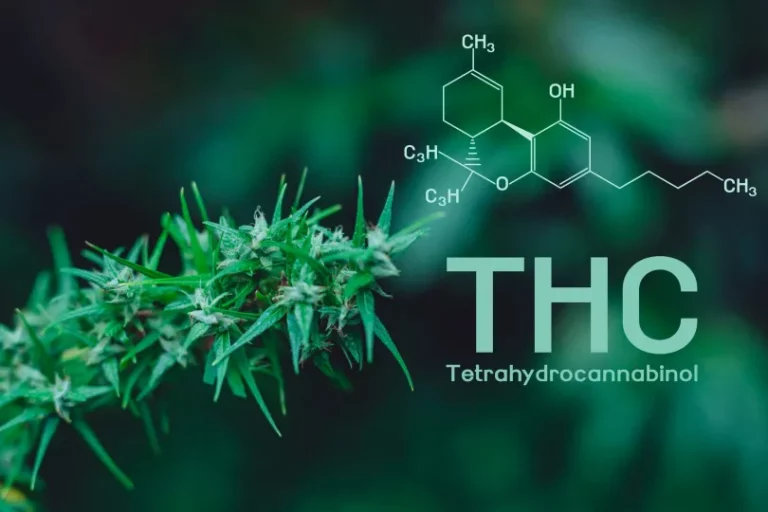Proposals For The 2023 Farm Bill Would Provide Updates to Industry Regulation
As the 2018 Farm Bill comes to the end of its outlined life, lawmakers are looking to update the legislation to keep up with the evolving hemp and agricultural industries. After the 2018 Farm Bill was signed by President Trump, the hemp industry took full flight, evolving into what we know it today.
According to the US House of Representatives Committee Repository, several changes have been proposed to the USDA Hemp Production Program that may be featured in the upcoming Farm Bill. In a 2022 virtual hearing, various sources participated to help draft proposals that would help offer updated guidance to the industry.
Speakers in the virtual hearing offered valuable insight and opinions that will impact the industry in the coming years. The topics discussed in their testimonies will help with the development of the 2023 Farm Bill.
Raise the THC Limit
In their written testimony, Brandy E. Phipps, Ph.D., stated, “Hemp grain must be tested for mycotoxins, heavy metals, allergens, etc., like all grains used for food. Still, farmers have the additional burden of testing the non-grain parts of hemp to ensure THC compliance when it has little relevance to the GRAS-approved grain product. A review of current THC-testing rules for grain and fiber hemp crops is needed.”
Raising the THC limit has been a focus for many within the hemp industry since its legalization. Various issues with the .3% THC limit have been cited, including genetics, uncontrollable stressors such as weather, and inconsistencies in testing. Raising the THC limit would aid farmers in more ways than one.
Changes in Banking
Hemp industry professionals can all agree banking has a tendency to be a nightmare riddled with red tape. Despite federal legalization, banking practices have remained woefully behind the times. Marcus Grignon, Executive Director of the Hempstead Project Heart, proposed, “bank regulations need revision to ease current restrictions for hemp operations. It is difficult to find a bank that will take business accounts connected to hemp production and processing.”
Use Certified Seed as an Alternative
One of the many stressful decisions farmers must make when starting out is choosing the hemp strains they wish to grow. The hemp boom saw many new hemp cultivars emerge, some with similar names to its more THC potent sister plant, marijuana. With the extremely low THC threshold put in place by the 2018 Farm Bill, many farmers suffered losses for testing above the legal limit. While stress factors do play a role in THC potency, so do genetics.
Using certified seed as an alternative could provide extra assurance to those in the cultivation sector of the hemp industry. According to Kate Greenberg, Commissioner of the Colorado Department of Agriculture, “A grower who uses certified hemp varieties should not be regularly tested for THC since THC compliance is certified with a seed certification system. This will significantly reduce the cost of operations and encourage farmers to adopt stable genetics that produces consistency in the industry, helping several facets of the industry simultaneously – both farmers and those engaged in seed and genetic development.”
Looking to the Future
The 2018 Farm Bill is set to expire in September of 2023. Until the deadline, lawmakers will continue to gather evidence and testimony on changes needed to the hemp industry. The highlighted topics previously discussed will not be the only ones considered for the 2023 Farm Bill. As the expiration of the 2018 Farm Bill comes closer, new details about the 2023 version will emerge. One thing is for certain, the updated Farm Bill will bring much needed changes to the industry as a whole.





